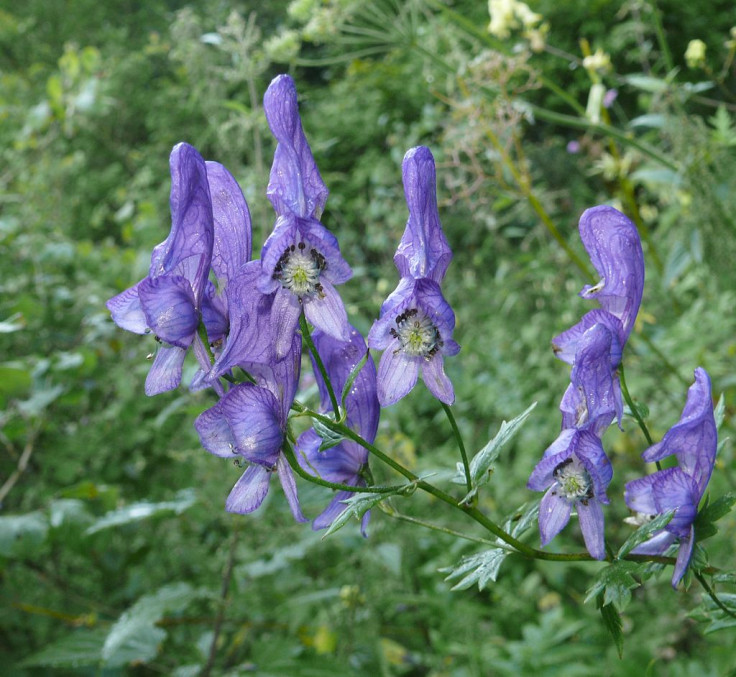San Francisco herbalist's 'lethal' tea poisoning puts two people in critical condition
Aconite is also known as Queen of all Poisons, wolfsbane, helmet flower and monkshood.

Two people are fighting for their lives in San Francisco after drinking tea containing a toxic substance from a Chinatown herbalist.
The tea leaves containing aconite – a toxin derived from the wolfsbane plant – were purchased from Sun Wing Wo Trading Company, the San Francisco Department of Public Health said on Friday (10 March).
A woman in her 30s and a male in his 50s became critically ill within an hour of drinking the tea this month and remain in hospital, officials said.They presented symptoms including abnormal heart rhythms and were admitted to intensive care, reported WTOC.
They presented symptoms including abnormal heart rhythms and were admitted to intensive care, reported WTOC.
Health authorities are investigating the source of the tea leaves and have issued a warning to the public not to drink it.
"Anyone who has purchased tea from this location should not consume it and should throw it away immediately," said Dr Tomás Aragón, health officer for the city and county of San Francisco. "Aconite poisoning attacks the heart and can be lethal."
The plant-based aconite was found in lab tests of both patients and the tea samples they provided, health officials said.
"The investigation is just starting, but we know that the tea in both instances came from the same place," said Rachael Kagan, spokeswoman for the San Francisco Department of Public Health. "And in each instance, the person had drank the tea recently."
Two sickened by tea from Sun Wing Wo at 1105 Grant- if you have tea from them-do not consume.
— SFDPH (@SF_DPH) March 11, 2017
Aconite, also known as Queen of all Poisons, wolfsbane, helmet flower and monkshood, is used in Asian herbal medicines. The roots of the plant contain large quantities of the alkaloid pseudaconitine, which is a deadly poison.
Symptoms include cardio and gastrointestinal abnormalities, pain and nausea. There is no antidote for aconite poisoning, according to health officials.
In Chinese medicine, aconite root is commonly used in the treatment of acute myocardial infarction induced shock, hypotension, coronary heart disease and rheumatic heart disease.
A UK gardener died after allegedly brushing against the deadly flower aconitum. According to a Telegraph report, a pre-inquest hearing was told that Nathan Greenaway died in hospital from multiple organ failure.
© Copyright IBTimes 2025. All rights reserved.




















